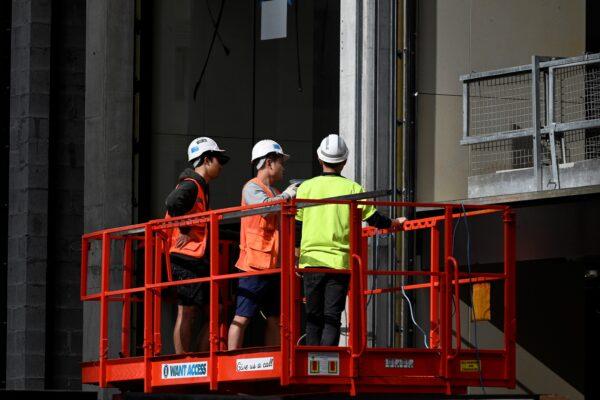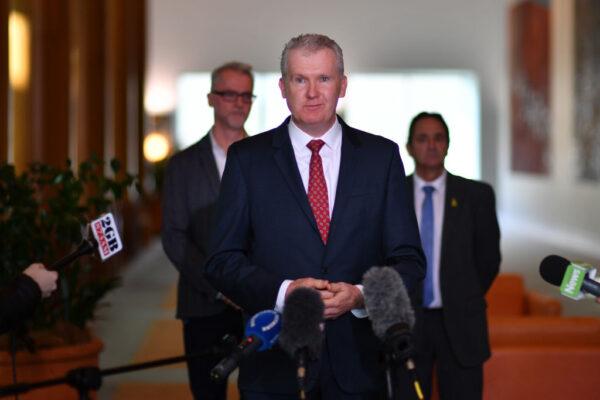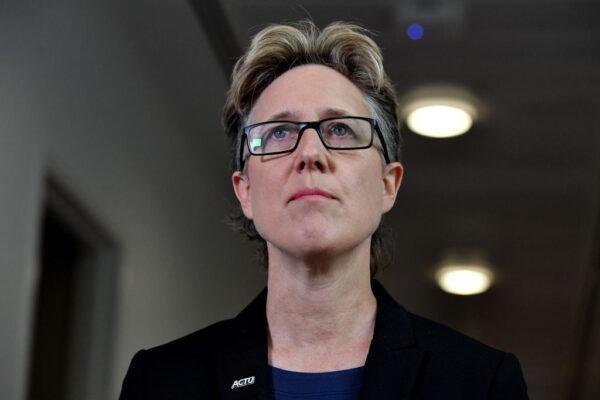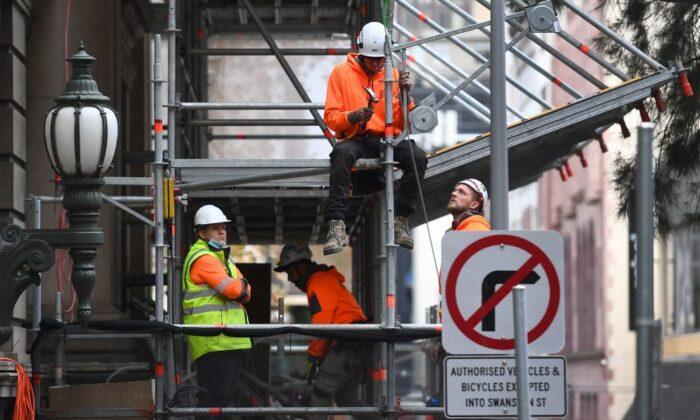The Australian Industry (AI) Group has called the federal Labor government’s decision to roll back the building code to its bare minimum and strip back the powers of the Australian Building and Construction Commission (ABCC) a “backward step” for the industry.
Innes Willox, the AI Group’s chief executive, said the announcement is of great concern to businesses and the broader community.
“It is a backwards step for the fight against bullying and intimidation and will add costs and delays to vital community infrastructures such as roads, hospitals and schools,” Willox said on July 25.
“The Building Code and the ABCC are playing a critical role in addressing bullying and intimidation by union officials on building sites. There are major skill and labour shortages in the construction industry, and it is, of course, difficult to attract people into the industry, including women and young people, without a respectful work environment.”

Willox said he believed that if the government continued with this plan, the construction industry will be at risk of not meeting the standards of work health and safety on job sites.
Labor Fulfilling Its Election Pledge
The comments from Willox come after the federal Employment and Workplace Relations Minister Tony Burke made the announcement on the ABC Insiders program on July 24 that as of the 26th, the government would be rolling back the “powers of the ABCC to the bare minimum.”Burke said what the ABCC was enforcing was ridiculous and could be done by another regulator or not at all. He also signalled that unions were no longer going to be targeted.
“We will no longer be spending taxpayers’ money determining what sticker someone’s allowed to put on their helmet, whether or not a safety sign has to be pulled down because it’s got a union logo in the bottom corner, or what flag might be flying at a building site,” Burke said. “Those sorts of issues should never have been something for an official government regulator to be wasting taxpayers’ money. As of Tuesday, those offences are gone all together.”

The changes will see the Fair Work Ombudsman (FWO) take on the job of enforcing and prosecuting the Fair Work Act in the building and construction industry. However, the Albanese government will retain the federal safety commissioner to maintain the safety culture of the building and construction industry.
The decision to dump the ABCC was expected by the Albanese government, which had campaigned for its removal during the May election.

“The Code was one of the ideological projects of the previous government, which spent nearly a decade attacking unions and suppressing wages,” McManus said.




